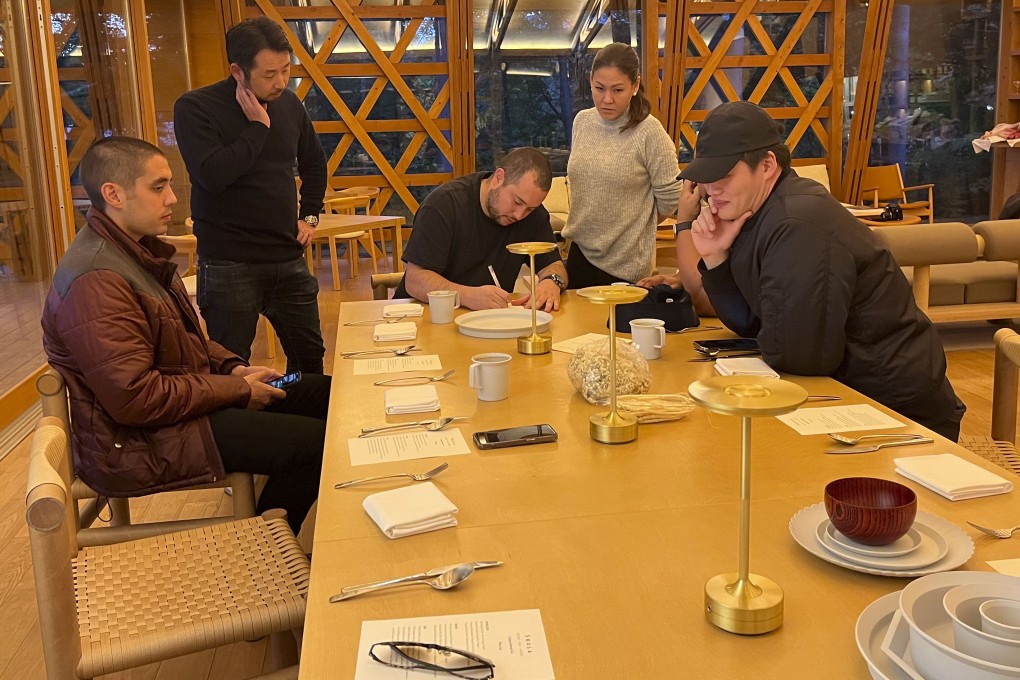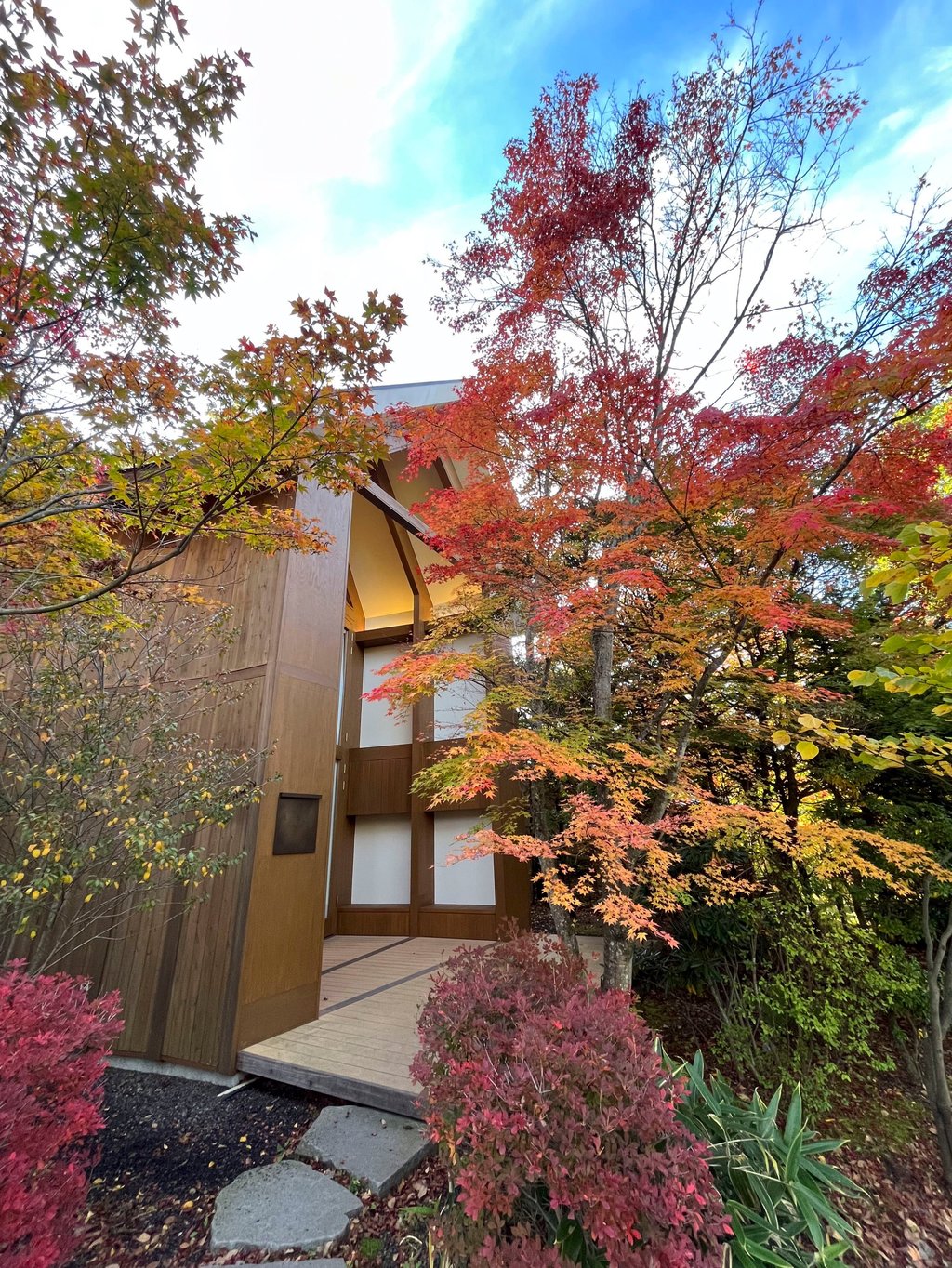Top Asian chefs on a Japanese forest retreat find ‘new ways of thinking’ to cook a special meal
- Six of Asia’s best chefs met up in the forests of Karuizawa, Nagano prefecture, where they found fresh produce and ideas that came together in a sublime meal

Outside my window, the melody of birdsong punctuates the quiet rustle of sun-dappled autumn leaves – auburn, gold, crimson – as they dance and sway.
I take a long, deep breath, recalling the distinct smell of hinoki cypress wood that greeted me on arrival at Shishi-Iwa House, a collective of architect-centred luxury lodgings ensconced in the forested foothills of Karuizawa, in Japan’s Nagano prefecture.
In this resort town an hour north of Tokyo, nature has a tendency to absorb you, stripping away the concerns that plague you in the city.

It was created as an expression to symbolise a form of retreat, billed as an antidote to the stressors of modern life. As a physiological experiment, shinrin-yoku makes plenty of sense, as science has proven that spending time outdoors – in the sun, surrounded by greenery – has both physical and psychological benefits, including lowering our cortisol levels.
In a 2010 study, researchers at Chiba University conducted field experiments in 24 forests across Japan to assess the effects of shinrin-yoku.
